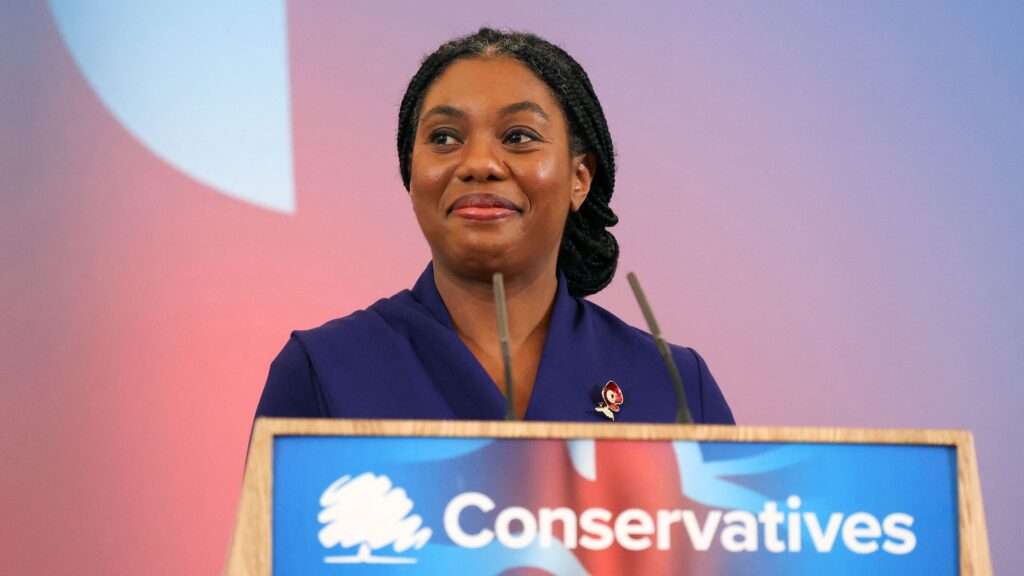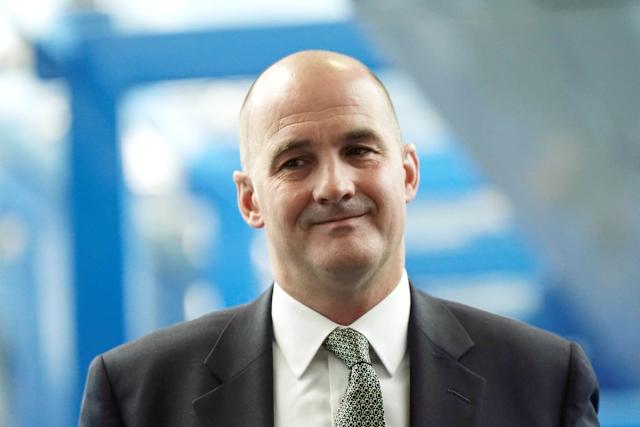The political landscape in the UK has shifted sharply as Sir Jake Berry, a former Conservative Party chairman and long-time Tory loyalist, stunned Westminster by defecting to the Reform Party. His surprise move has not only rattled the Tory ranks but cast a long shadow over Kemi Badenoch’s efforts to project authority through a major welfare speech scheduled just hours later.
Berry’s defection came as Britain’s political attention was already trained on migration policies and a mini-summit between Prime Minister Keir Starmer and President Emmanuel Macron. Against this backdrop, Badenoch’s planned press conference seemed mistimed. With the sudden upheaval, the key question would inevitably be: “Who is leaving next?”
Although several former Conservative MPs have already moved to Reform under Nigel Farage’s leadership, including high-profile Brexiteers such as Lee Anderson, Marco Longhi, and Dame Andrea Jenkyns, Sir Jake Berry’s departure signals something different. Unlike the others, he is not rooted in the hard-right wing of the party. His political resume includes being a supporter of Tom Tugendhat’s leadership bid, and his early stance during the Brexit referendum placed him firmly in the Remain camp.
Berry’s decades-long Conservative allegiance only deepens the impact. A Boris Johnson ally and briefly a minister under Liz Truss, he served in Parliament for 14 years. Known as a career politician rather than an ideologue, his decision to switch camps underscores a shifting calculation among centrist conservatives. In his blunt admission during his defection, Berry said, “I know what was wrong, I was there.”
A close associate of Berry suggested, “He followed his heart.” However, skeptics argue the move may be a calculated bid to regain his lost parliamentary seat, potentially more attainable under Reform’s rising popularity.
Reform Gains Unexpected Political Ground
This realignment could represent a turning point for Nigel Farage’s party. If Reform begins attracting not just ideological purists but also seasoned political operators seeking electability, the implications for the Tories are profound. Berry’s move, more than any prior defection, suggests that Reform, not the Conservatives, now stands as the dominant force on the British centre-right.
Even Labour’s Keir Starmer appeared to acknowledge this trend, reportedly referring to Reform as the “real opposition.” With public momentum seemingly shifting, the Conservative Party finds itself increasingly likened to the Liberal Party of the 1920s, overshadowed by emerging political forces and struggling to remain relevant.
Inside Tory ranks, morale appears dim. Aside from a handful of active figures like Robert Jenrick and shadow chancellor Mel Stride, few in Badenoch’s shadow cabinet are seen leading the charge. The party’s waning influence is increasingly difficult to disguise.
The Conservative Campaign Headquarters (CCHQ) offered a barbed reaction to Berry’s defection, stating he “had more positions than the Kama Sutra, and is now living proof that Reform will take anyone.” However, the snide comment has reportedly unsettled other potential defectors within the party, many of whom were already weighing their options.
Adding to the sense of division, Badenoch’s response during her speech at the Centre for Social Justice appeared dismissive.
“If there are people who are not Conservatives, people who have probably been holding us back for a long time, then they should go to other parties that fit in with their values.”
Kemi Badenoch

Her comments have sparked backlash, especially given Berry’s track record of advocating for Northern funding to help the party retain seats it ultimately lost. His departure and the reactions it triggered signal more than internal dissent. It hints at a broader existential crisis for a party that appears to be fracturing under pressure from both the centre and the right.



















